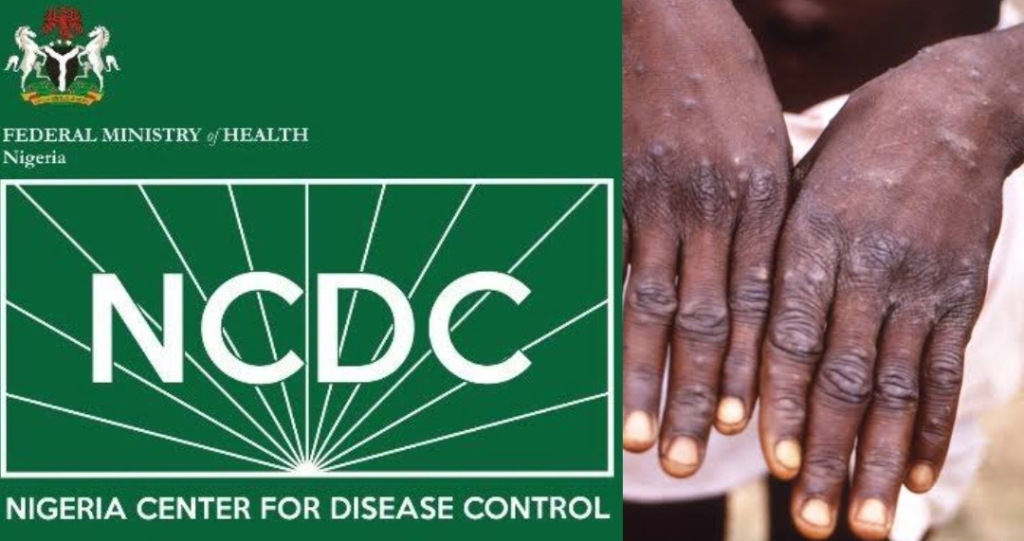Nigeria is facing a critical public health crisis as multiple infectious disease outbreaks converge across the country, prompting urgent warnings from health authorities. The Nigeria Centre for Disease Control and Prevention (NCDC) raised the alarm on Friday, citing a surge in cholera cases, emerging yellow fever and dengue fever infections, and ongoing outbreaks of Mpox and diphtheria. The agency emphasized that immediate intervention is critical to avert widespread health risks.
As of late June 2025, cholera—a severe diarrheal disease linked to contaminated food or water—has spread to 34 states, with Zamfara State bearing 32% of the suspected cases. Bayelsa, Adamawa, Delta, Lagos, and Rivers states also report high burdens. While exact case numbers remain undisclosed, the NCDC stressed that rapid dehydration and fatalities can occur without prompt treatment. Symptoms include sudden onset of watery diarrhea, vomiting, and cramps, often resembling “rice water stools.”
Simultaneously, yellow fever has been detected in six states—Abia, Anambra, Edo, Ekiti, Lagos, and Rivers—with seven confirmed cases. Under international health protocols, even a single case constitutes an outbreak. The mosquito-borne virus, which can cause jaundice, organ failure, and hemorrhaging, has prompted calls for accelerated vaccination campaigns. “The yellow fever vaccine remains the most effective prevention strategy,” the agency stated, urging states to expand immunization efforts.
Dengue fever, another mosquito-borne illness, has been confirmed in Edo State, with cases identified in early June. Both dengue and yellow fever are transmitted by Aedes mosquitoes, which thrive in areas with poor sanitation and climate-related challenges. Symptoms such as high fever, severe headache, and joint pain often mirror malaria, leading the NCDC to caution against self-medication. Health officials are advocating for the elimination of mosquito breeding sites, use of insecticide-treated nets, and repellents to curb transmission.
The country’s health system is further strained by existing outbreaks of Mpox—a milder cousin of smallpox causing rashes and fever—and diphtheria, a bacterial infection marked by throat blockages and breathing difficulties. The NCDC confirmed it is coordinating a multi-agency response, deploying rapid response teams and strengthening surveillance. Partnerships with state governments and the National Primary Health Care Development Agency (NPHCDA) aim to enhance risk communication, laboratory testing, and community engagement.
Citizens are advised to prioritize hygiene, treat drinking water, avoid open defecation, and seek immediate medical care for symptoms like severe diarrhea, rashes, or respiratory distress. Health workers have been urged to remain vigilant and report suspected cases promptly, particularly due to dengue’s status as a legally notifiable disease in Nigeria. “Nigerians must act now to prevent further loss of lives,” the agency warned, emphasizing that curbing the outbreaks demands collaboration across all sectors of society.
